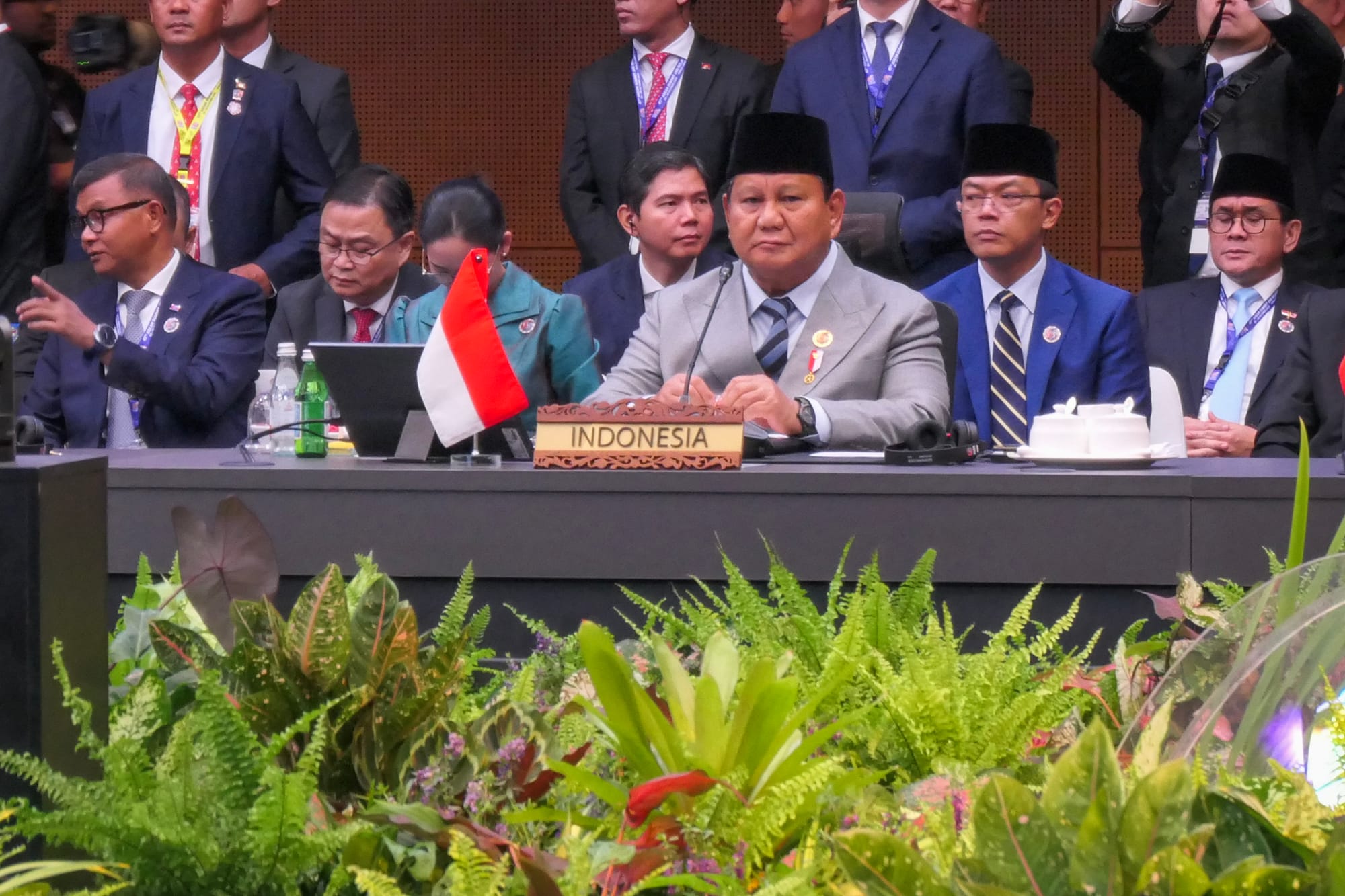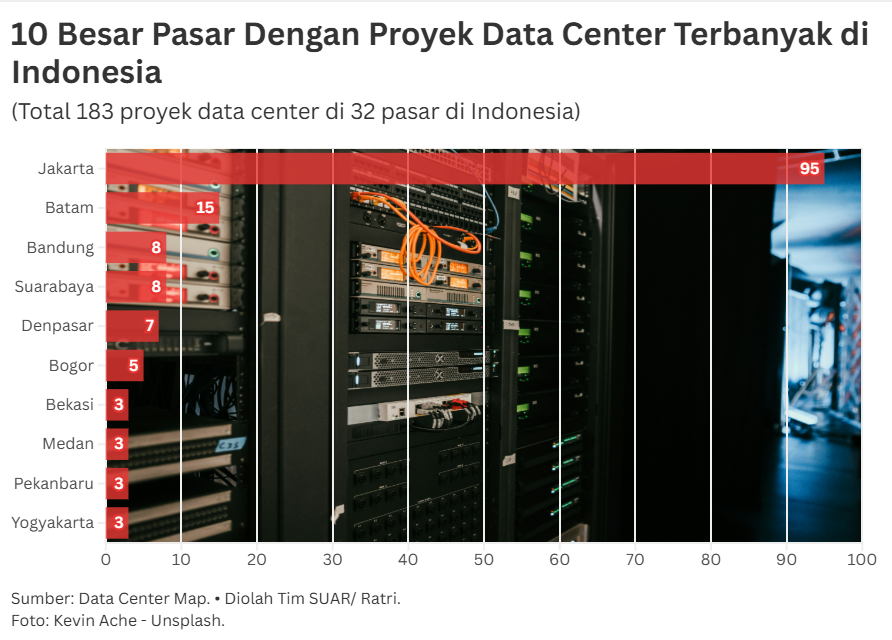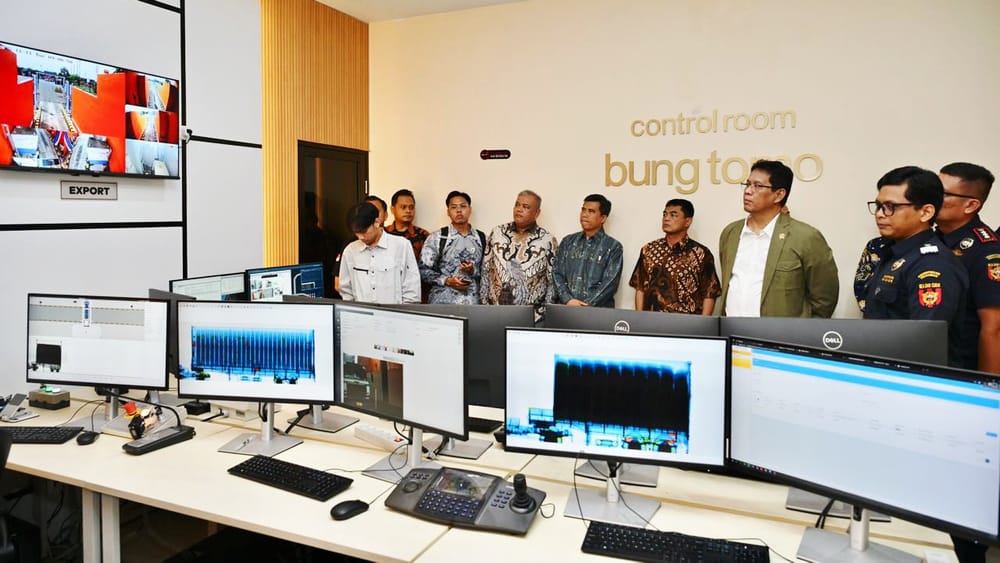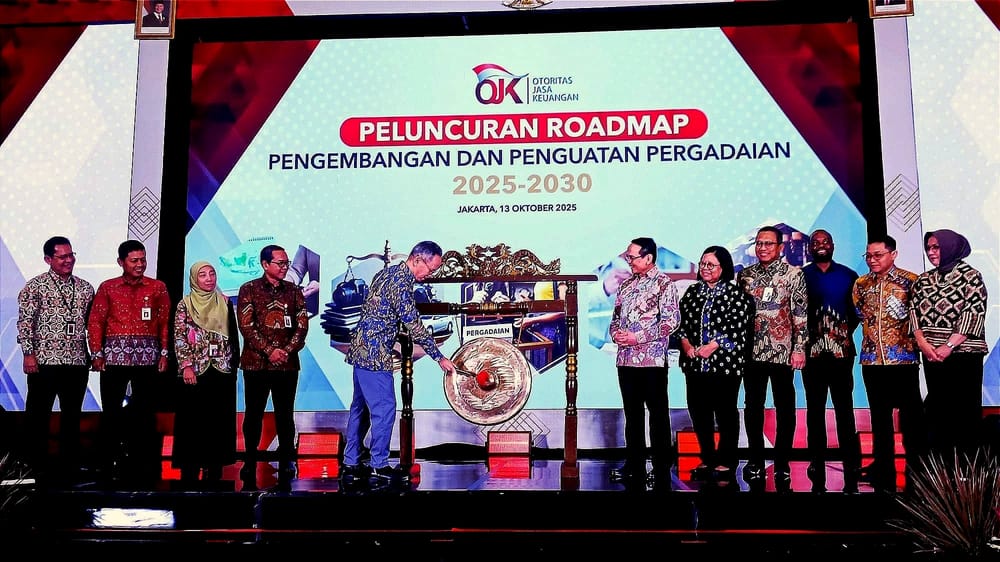The negotiations and discussions of the Digital Economy Framework Agreement (DEFA) held at the ASEAN Economic Community Council (AECC) in Kuala Lumpur, Malaysia, Friday (24/10/2025) agreed on a substantial agreement at the 14th round of ASEAN DEFA negotiations. If it has been officially agreed, there will be great opportunities for a single digital economy market in the ASEAN region that can be utilized by Indonesian entrepreneurs.
In the meeting, Indonesia is committed to strengthening the new direction of integration and encouraging digital transformation for economic growth in the ASEAN region. A number of efforts were made and discussed in depth together with other countries in ASEAN to strengthen economic cooperation.
This was emphasized by the Coordinating Minister for Economic Affairs, Airlangga Hartarto, at the 2nd Special ASEAN Economic Community Council (AECC) Meeting on the ASEAN Digital Economy Framework Agreement (DEFA) held in Kuala Lumpur, Malaysia, Friday (24/10/2025).
Since its launch on September 3, 2023, the DEFA negotiations have gone through fourteen rounds of intensive discussions, facilitated by Thailand as the Chair of the Negotiating Committee for DEFA, with the active contribution of all ASEAN member countries, including Indonesia.
DEFA is a key initiative under the Bandar Seri Begawan Roadmap (BSBR), adopted in 2021 as ASEAN's digital transformation agenda to accelerate post-COVID-19 economic recovery.
DEFA includes a number of strategic provisions that reflect ASEAN's forward-looking approach to the digital economy, including:
- Cross-Border Data Flows;
- Electronic Payments;
- Personal Data Protection;
- Digital Identities;
- Talent Mobility Cooperation;
- Cooperation in new technologies such as Artificial Intelligence (AI);
- Competition Policy;
- Online Safety & Cybersecurity
- Source Code Protection.
Through this collaboration, ASEAN is committed to deepening cross-border digital integration, strengthening regional economic competitiveness, and ensuring that the benefits of digitalization are felt equally by all communities.
The benefits of DEFA for Indonesia and the region are expected to contribute up to USD 366 billion to ASEAN's GDP by 2030, equivalent to approximately 40% of the total digital economic potential in the region.
For Indonesia, this agreement aligns with the implementation of the 2030 National Digital Economy Strategy, which includes strengthening digital infrastructure such as 5G networks and data centers, developing human resources in the digital field, transforming UMKM, and strengthening cyber security regulations.
Through DEFA, Indonesia can expand market access for UMKM, attract more investment in the high-tech sector, strengthen national data sovereignty, and build an inclusive and competitive digital ecosystem.
This substantial agreement marks an important milestone in ASEAN's digital transformation journey, reaffirming a shared commitment to accelerate inclusive, secure, and sustainable digital economic integration.
The 26th AECC meeting strategically discussed the strategic plan for ASEAN economic cooperation over the next five years.
"This meeting is an important moment for ASEAN to complete the implementation of the ASEAN Economic Community (AEC) Blueprint 2025, which is projected to reach 87% by the end of 2025, and to prepare strategic steps towards the AEC Strategic Plan 2026-20230 as the main guide for the direction of economic cooperation in the ASEAN region post-2025," said Airlangga through his official statement.
Indonesia also expressed its support for the ratification of the Consolidated List of Activities and Key Outcome Indicators (KOIs) which will guide the implementation of ASEAN cooperation towards ASEAN 2045 "Our Shared Future".
Through DEFA, it is hoped that a modern and integrated digital ecosystem will be formed in the ASEAN region for economic growth. This agreement is an important milestone in ASEAN's digital transformation journey, which is a joint commitment to accelerate inclusive, secure and sustainable digital economic integration.
"Digital transformation must be a means to expand the economy, strengthen regional connectivity, and ensure that its benefits are felt inclusively by all ASEAN communities," he said.
Since its launch in 2023, DEFA now includes a number of strategic provisions ranging from cross-border data flows, electronic payments, personal data protection, digital identities, digital talent mobility, cooperation in the field of artificial intelligence, business competition policy, online security, to source code protection.
Read also:
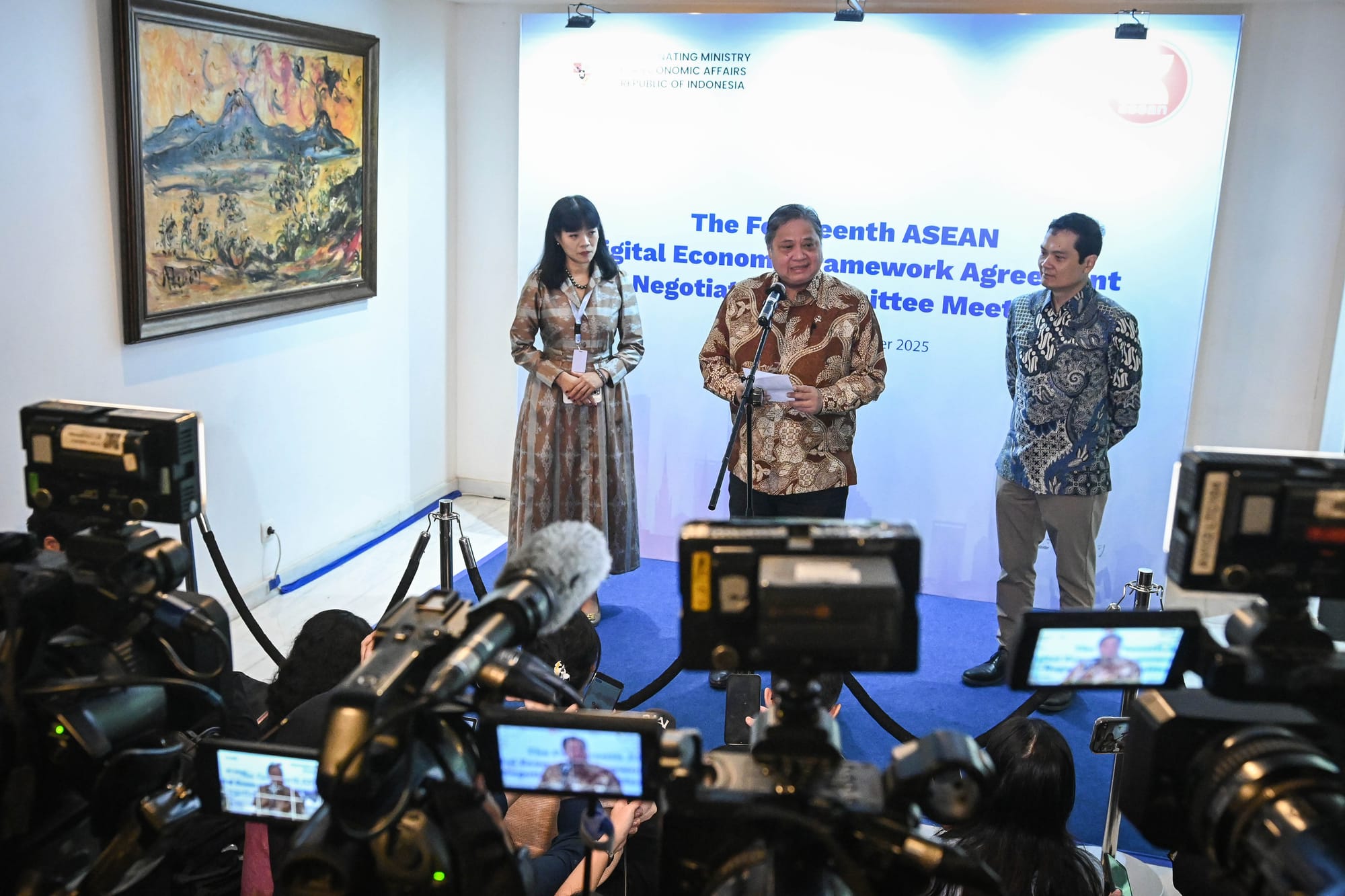
Through this DEFA, Indonesia is able to expand market access for micro, small and medium enterprises (UMKM) in order to attract investors, as well as strengthen the competitiveness of the digital ecosystem.
"Indonesia highlights the importance of digital transformation as a key pillar of new economic growth in the ASEAN region. Indonesia welcomes the progress of the ASEAN Digital Economy Framework Agreement (DEFA) which has reached substantial conclusions, as well as the achievements of the Bandar Seri Begawan Roadmap (BSBR) implementation with a completion rate of 92%, including on cross-border payment connectivity, the ASEAN Single Window system, and increasing the capacity of digital UMKM," explained Airlangga.
For information, Economic Performance and Outlook in the ASEAN region in 2024 on trade in goods reached USD 3.8 trillion or an increase of up to 8.9%, which is much higher than the global increase of 2.1%. Meanwhile, Foreign Direct Investment (FDI) in the same year recorded an increase of 8.5% or equivalent to USD 226 billion, which is higher than the global increase in FDI of 4.0%.
ASEAN digital economic integration
The Head of the Digital Ecosystem Agency of the Indonesian Chamber of Commerce and Industry (Kadin), Firlie Ganinduto, added that Indonesia itself has shown a consistent commitment to strengthening ASEAN's digital economic integration. However, there are several challenges faced by the Indonesian business community in accelerating digital transformation.
The main challenges are structural, ranging from governance standards, information transparency, funding cycles, the shift in investor interest to B2B models with strong unit economics, talent readiness, to cybersecurity.
"In short, investors are now not only looking at ideas or growth, but also how well-organized and reliable a company is run," said Firlie, Sunday (10/26/2025).
Therefore, the Chamber of Commerce is also encouraging quality improvement through various efforts that have been made so that Indonesian startups can attract investors and have competitiveness.
The Chamber of Commerce sees that Indonesia has enormous digital investment potential compared to other countries in the ASEAN region. Opportunities from regional market access, co-investment forums and deal-sharing with venture capital, as well as regulatory sandboxes need to be utilized well.
"The focus is on increasing the value of Indonesian deals while maintaining integrity and accountability," he emphasized.
The progress of digital infrastructure in ASEAN, especially Indonesia, is also considered to be clearly visible, although not yet evenly distributed. The issue of equitable distribution must be resolved immediately, especially in affordable connectivity and computing, frameworks and interoperability, to strengthening talent and cybersecurity.
"Digital transformation has proven to boost productivity across sectors such as manufacturing, agribusiness, financial services and payments, health, and energy and environment through automation, operational analytics, energy efficiency, reduced production defects, and improved service quality," said Firlie.
The year 2025 is seen as a momentum to improve the quality of the ecosystem, not just to increase the number of initiatives. Therefore, Firlie emphasized that the Chamber of Commerce is ready to be a government partner to help expand cross-country collaboration.
"The focus of the Chamber of Commerce is to help business actors pursue transaction quality and scale through advocacy for standardization of best practices such as term sheets and disclosure, facilitating regional market access and deal sharing with regional VCs and LPs, and supporting the use of regulatory sandboxes for new business models," he continued.
Read also:

On the one hand, the Director of the Digital Economy Center of Economic and Law Studies (Celios), Nailul Huda, said that Indonesia, although being one of the countries with great digital strength in the ASEAN region, is still targeting the domestic market in terms of market share.
"So we don't need to be too ambitious about our products being exported, but focusing on the domestic market is also very important. That's why the policy focuses on the domestic market, which must be utilized optimally by our local producers," said Huda, Sunday (10/26/2025).
Huda also highlighted challenges related to inequalities that occur in Indonesia and other countries in ASEAN, which are still lagging behind in terms of digital infrastructure or regulations.
"There are still many countries in ASEAN that are lagging behind in terms of digital infrastructure, including Indonesia, where there are still many internet blind spots," he revealed.
Gaps also occur in terms of regulations, especially according to Huda, which are related to the digital business climate and also consumer protection.
"For example, regarding regulations related to personal data protection, only 5 countries in ASEAN have personal data protection regulations. As a result, the development of the digital economy can be uneven," he concluded.


